detail profile kazutar c5 8d kuni
Peran Yang Di Mainkan Kazutarō Kuni
 In the setting of the Hokuriku...
In the setting of the Hokuriku...Hokuriku Proxy War 1977
In the setting of the Hokuriku region, where the snow and cold winds rage, for the first time in true-life yakuza film history, director Kinji Fukasaku shows battles among yakuza who value land over tradition. Hiroki Matsukata stars as Noboru Kawada, a Hokuriku yakuza who will use any measure for survival, disregarding parents, brothers, and tradition.
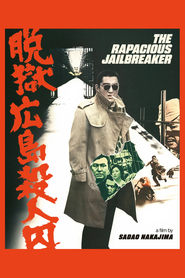 Convicted of murder Masayuki Ueda is...
Convicted of murder Masayuki Ueda is...The Rapacious Jailbreaker 1974
Convicted of murder, Masayuki Ueda is sent to Hiroshima Prison along with his accomplice. But for a man like him, breaking out of prison is easy.
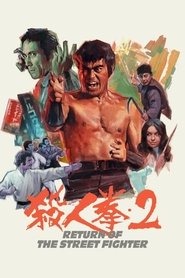 Martial artist Takuma Tsurugi returns to...
Martial artist Takuma Tsurugi returns to...Return of the Street Fighter 1974
Martial artist Takuma Tsurugi returns to take on a Yakuza family that may be embezzling money from charities to finance their own operations. Both the police and the Yakuza find themselves battling Tsurugi, but Tsurugi's fight ultimately is with the mob, and he concentrates on them.
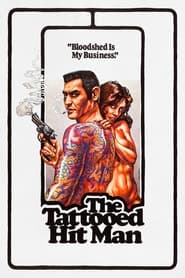 The most dangerous hired gun in...
The most dangerous hired gun in...The Tattooed Hitman 1974
The most dangerous hired gun in Kyushu's underworld has managed to trigger a vicious gang war, and now, there's a contract on his life. Though nobody is more skilled in the arts of dealing death, can the tattooed hitman fend off the entire Japanese mafia as he searches for the man who wants him dead?
 Shozo Hirono has managed to separate...
Shozo Hirono has managed to separate...Battles Without Honor and Humanity: Proxy War 1973
Shozo Hirono has managed to separate from the Yamamori family and create his own small family, and extend his circle of acquaintances. These new friendships include a powerful underboss of the Muraoka family, Noboru Uchimoto.
 Repeatedly beat to a pulp by...
Repeatedly beat to a pulp by...Battles Without Honor and Humanity: Deadly Fight in Hiroshima 1973
Repeatedly beat to a pulp by gamblers, cops, and gangsters, lone wolf Shoji Yamanaka finally finds a home as a Muraoka family hitman and falls in love with boss Muraoka's niece. Meanwhile, the ambitions of mad dog Katsutoshi Otomo draws our series' hero, Shozo Hirono, and the other yakuza into a new round of bloodshed.
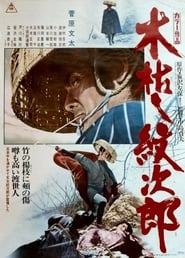 Kogarashi Monjiro is a lone samurai...
Kogarashi Monjiro is a lone samurai...Withered Tree, the Adventures of Monjiro 1972
Kogarashi Monjiro is a lone samurai who agrees to take responsibility for a murder that his friend committed so that he can stay with his dying mother, with the expectation that his friend will confess and get him pardoned once she dies. Monjiro is sentenced to an island for prisoners. When he discovers that his friend's mother has died over a year ago, Monjiro seeks to escape with a group of prisoners in order to get his revenge.
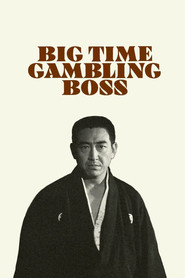 Tokyo 1934 The boss of the clan...
Tokyo 1934 The boss of the clan...Big Time Gambling Boss 1968
Tokyo, 1934. The boss of the clan that controls gambling agonizes and some of his followers propose to Nakai to take his place, but he refuses the offer.
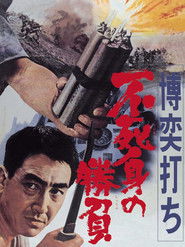 Tsunetaro Asakura AKA Dynamite Tsune is...
Tsunetaro Asakura AKA Dynamite Tsune is...Gambler: Victory Without Death 1967
Tsunetaro Asakura AKA "Dynamite Tsune" is a talented gambler, but not infallable. After losing his Boss's money in a dice game he repays his debt by serving as a pit boss for a struggling coal mine in Kyuushu. Quickly there's trouble with the local mining competition, who doesn't always play a fair game. True to his hot-headed nickname, Tsune only gets into deeper trouble.
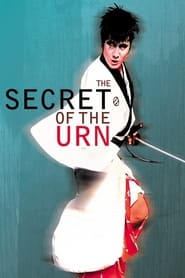 Loyal samurai Samanosuke is attacked mutilated...
Loyal samurai Samanosuke is attacked mutilated...Sazen Tange and The Secret of the Urn 1966
Loyal samurai Samanosuke is attacked, mutilated, and left for dead while carrying out a mission for his clan. He recovers but has lost an eye and an arm. Taking a new identity as Tange Sazen, he searches for a stolen urn which has hidden significance to his clan. But Tange Sazen has his own reasons for seeking the urn.
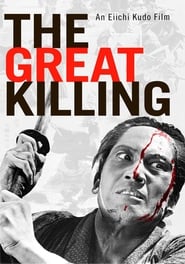 A cynical samurai is left as...
A cynical samurai is left as...The Great Killing 1964
A cynical samurai is left as the sole survivor to fulfill a plot to assassinate the puppet of a villain intent on usurping the shogunate in the 17th century. A Shogunate Elder connives to rule Japan by making his puppet, the Shogun's brother Tsunashige, the next Shogun. The best strategist in Japan, Yamaga, leads a plot to stop the Elder, but his cabal is betrayed and most of the conspirators are captured and tortured.
 The adopted son of an Osaka...
The adopted son of an Osaka...Chikamatsu's Love in Osaka 1959
The adopted son of an Osaka courier falls in love with a prostitute and, discovering that she is about to be purchased by a client, steals money from his employer to redeem her. Hunted criminals, the two young lovers take flight to Yamato, but, as in Chikamatsu's other domestic tragedies of love and duty (known as sewamono), they must be pursued and their passion destroyed by death. Favourite Uchida themes, such as the indenturing of a prostitute , and his characteristic emphasis on performance and theatrical artifice re-emerge here; but the daring device of having Chikamatsu appear as a character - not unlike having Shakespeare interpolated into a film adaptation of one of his plays - is just one of many surprises this remarkable film holds. “Extraordinary” (Donald Richie).

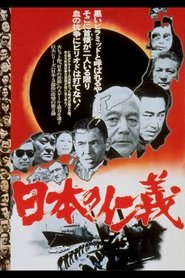 When a mob boss retires under...
When a mob boss retires under...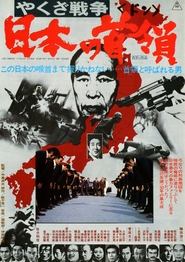 A yakuza leader must balance his...
A yakuza leader must balance his...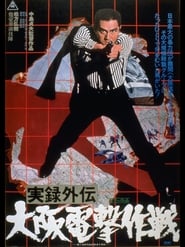 Amidst Japans postwar economic boom yakuza...
Amidst Japans postwar economic boom yakuza... In the teeming black markets of...
In the teeming black markets of...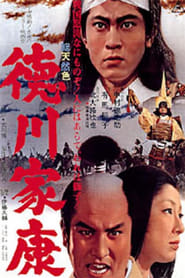 In turbulent 16thcentury Japan the leaders...
In turbulent 16thcentury Japan the leaders...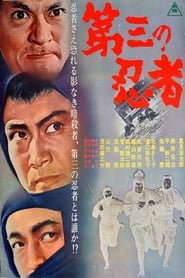 Three Iga ninja are on a...
Three Iga ninja are on a...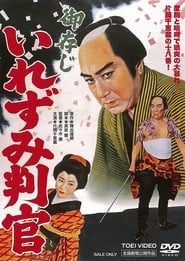 Kinnosuke of Toyama sets out on...
Kinnosuke of Toyama sets out on...